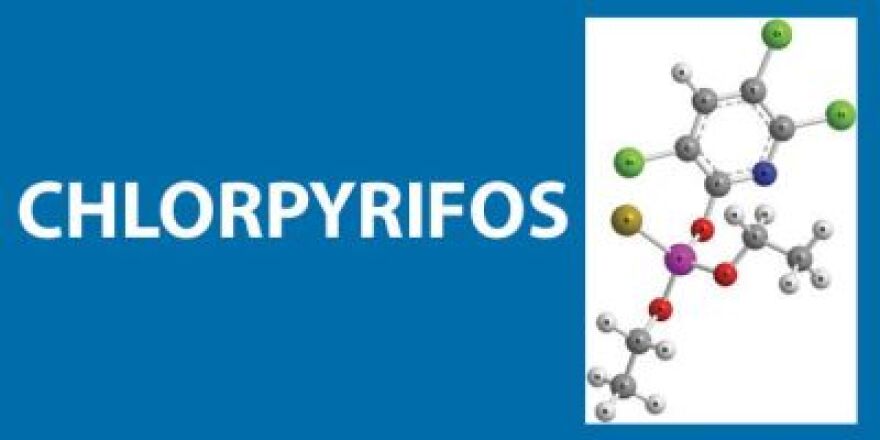State health officials believe there may be more homes in and around Rutland County contaminated with a banned pesticide.
High levels of the chemical have forced six households to relocate while five others have been told to move.
Tom Condon is an on scene coordinator for the Environmental Protection Agency’s Boston Bureau. He’s one of a dozen EPA field agents that recently arrived in Rutland to help the state deal with the situation.
“This is unusual for us in that under most situations we're dealing with contamination in the environment this is indoor contamination that puts it in a special and unusual category for us.” It’s affecting where people live, which he says makes it even more complicated.
Condon says besides helping with the actual testing, the EPA will also help set up a comprehensive data base for managing all the data that’s been generated. He says it will better support the EPA and the various state agencies working on this issue.
"This is unusual for us in that under most situations we're dealing with contamination in the environment this is indoor contamination that puts it in a special and unusual category for us."
Vermont’s Agency of Agriculture, which oversees pesticide use and licensing in the state, believes North Clarendon exterminator Cary Buck illegally used the insecticide chlorpyrifos in homes he treated.
The organophosphate was banned for indoor use in 2001 because it was found to be toxic to humans.
Cary Buck has denied using chlorpyrifos and he told agency of agriculture inspectors that he has not administered the insecticide in 8 or 9 years.
But agency officials said they found overwhelming evidence to the contrary. They say that, plus a history of documented pesticide misuse going back to 1990, pushed them to suspend Buck’s exterminator license in June.
Since then, the state has been busy trying to identify which of Buck’s former customers might be at risk.
Joanne Calvi, District Director for the state Health Department’s Rutland office, says finding temporary housing for some of those affected remains a challenge.
“There’s different issues that come up,” says Calvi. “Just finding other rental properties, being able to afford first and last month’s rent and that type of thing. We do have options of going into motels that is being paid for by economic services, and some people can go and live with other family members.”
She says most of those affected are not able to take their belongings with them, which makes the situation even harder.
Calvi and other health officials believe the worst contaminated sights have been identified and she says so far, they don’t believe anyone has gotten sick.
Still, more problem areas may be found and how to clean up the worst of them is something the EPA says will likely take them weeks if not months to develop.





